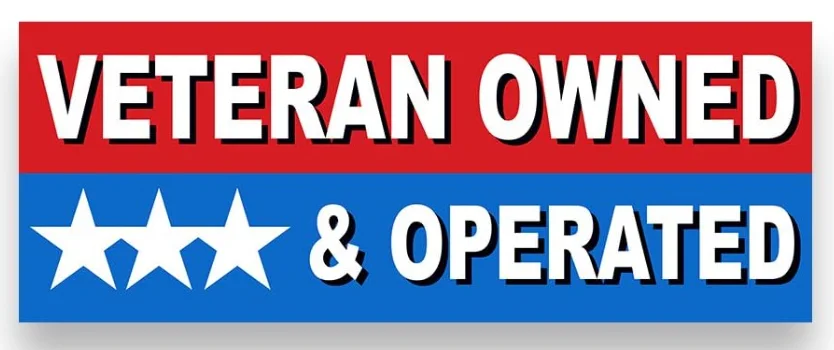
Optimizing Las Vegas Hotel Housekeeping Data
Housekeeping in Las Vegas hotels is a massive operation. With thousands of rooms and tight cleaning schedules, efficiency is key. But how much time does it really take to keep these hotels spotless? And how can data and statistical analysis improve the process? Let’s analyze this step by step using numbers. We will see how optimizing staffing can make a huge difference. Improving cleaning routes is another factor. Also, enhancing tipping strategies significantly impacts results.
The Scale of Housekeeping on the Strip
Las Vegas hotels are like small cities, each with thousands of guests coming and going daily. On average, a Strip hotel has 30 to 50 floors and 2,500 to 4,000 rooms. With an 84.6% average occupancy rate, that means housekeepers clean roughly 2,100 to 3,400 rooms each day per hotel.
Housekeepers typically clean 14 to 18 rooms per shift. Each room takes between 25 to 45 minutes. The time varies depending on size, mess, and guest turnover. Room cleaning alone takes up to 5 to 8 hours per day for each housekeeper. This does not include time spent walking between rooms and floors.
Now, consider 30 hotels on the Strip—together, they require over 60,000 rooms cleaned daily. That’s an incredible amount of labor, making staffing and scheduling a crucial part of hotel operations.

The Hidden Costs of Housekeeping
Keeping a hotel clean isn’t cheap. Let’s break down the costs:
- Housekeepers earn around $15 to $18 per hour on average.
- Supervisors make between $18 and $22 per hour.
- For a hotel with 150 housekeepers, daily wages total about $18,000 to $25,000.
- Annually, a single hotel could spend $6.5 million to $9 million just on housekeeping wages.
But labor is just one part of the cost. Hotels must also cover cleaning supplies, linens, and laundry services. They also need to handle maintenance. This pushes the total housekeeping budget well over $10 million per year per hotel.
This is where statistical optimization can make a difference—reducing wasted time, improving efficiency, and maximizing labor budgets.
Optimizing Cleaning Schedules with Data
Let’s consider a scenario: A hotel has 40 floors and 3,000 rooms. A housekeeper takes an average of 35 minutes per room. Additionally, 18 minutes per shift is lost walking between rooms and floors. This time adds up quickly.
What if we could optimize the order of room cleaning? By analyzing hallway layouts, elevator wait times, and guest check-out patterns, a hotel could save just 5 minutes per room. That small improvement could result in several hundred extra rooms cleaned per week. It would reduce overtime costs. This would also keep rooms available faster for new guests.
Other industries do this all the time. Airlines optimize flight schedules to reduce delays. Casinos use data to track player habits and adjust staffing. Theme parks analyze wait times to improve ride efficiency. Hotels could apply similar strategies to maximize efficiency without overworking staff.
The Role of Tipping in Housekeeper Morale
Tipping plays a major role in keeping housekeepers motivated. The industry average for housekeeping tips is $2 to $5 per night, but many guests don’t tip at all. Encouraging tipping can make a big impact:
- A hotel with 2,500 occupied rooms could generate $5,000 to $12,500 in tips per night if every guest tipped.
- Higher tips boost morale and reduce turnover, which saves hotels money on training new staff.
- Hotels can encourage tipping by providing tip envelopes or including a digital tipping option in their apps.
When housekeepers feel valued, they work harder. This leads to cleaner rooms and better guest experiences. Ultimately, this results in higher ratings for the hotel.
Housekeeping Olympics: The Fastest vs. The Reality
Each year, Las Vegas hosts the Housekeeping Olympics. In this event, the fastest and most skilled housekeepers compete in bed-making. They also race in vacuum contests and face other speed challenges.
The fastest housekeepers can clean a room in under 10 minutes. However, a full day’s work is much slower in reality. If the fastest housekeeper worked at that speed, it would still take them over 15 hours. This is assuming that 900 rooms needed cleaning. Even at peak performance, efficiency improvements are crucial to maintaining daily operations.
How Data Can Improve Housekeeping Operations
For hotel executives, data-driven decision-making can unlock major savings and efficiency improvements:
- Smart Scheduling: Predict peak check-out times and assign housekeepers efficiently to reduce unnecessary downtime.
- Route Optimization: Use hallway layouts and elevator wait times to create the fastest cleaning routes.
- Staffing Analysis: Adjust staffing levels based on occupancy trends to avoid understaffing or overstaffing.
- Guest Satisfaction Tracking: Analyze guest feedback to spot patterns and address recurring issues.
With statistical modeling, hotels can improve cleanliness without increasing costs. They can boost housekeeper morale. Additionally, they can enhance guest experiences—all while maintaining strict budgets.
Final Thoughts: Why Consulting with a Statistician Matters
The biggest Las Vegas hotel chains operate tens of thousands of rooms. Small inefficiencies add up fast. A data-driven approach could help streamline operations, save millions in labor costs, and improve guest satisfaction.
If you’re a hotel executive looking for ways to optimize housekeeping operations, I can help you. I build custom statistical models. These models improve efficiency while keeping costs in check. Let’s talk about how data can transform your hotel’s housekeeping strategy.
For more insights on how statistics can solve business challenges, check out my other Vegas-focused analysis blogs here.
Visit ToplineStatistics.com for more information about statistical consulting.
Discover more from Topline Statistics
Subscribe to get the latest posts sent to your email.

Are you drowning in data?
Let us help! Our experts will navigate, organize, and analyze your data, bringing forth clarity and actionable recommendations.
